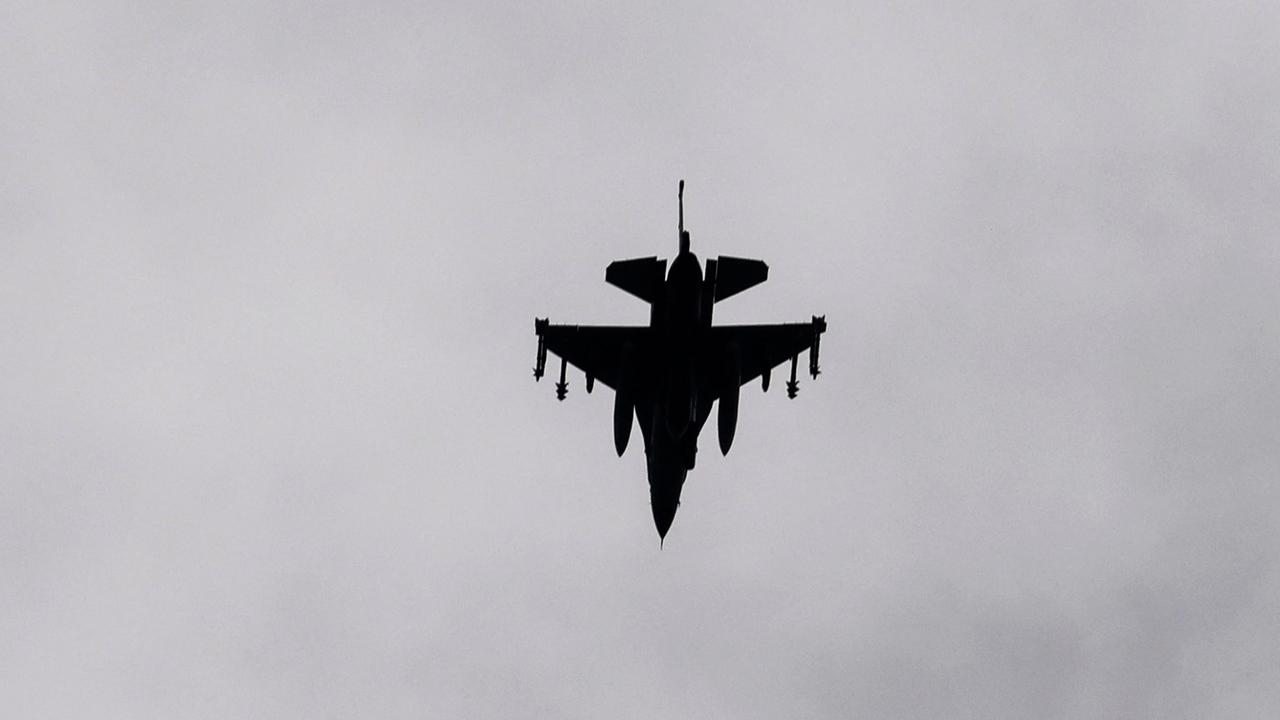faq
What targets has Israel attacked in Iran? How do Tehran and the USA react to the military strikes? And what is the background to the retaliatory action? What is known about the attacks so far.
What happened?
According to the Israeli military, dozens of fighter jets attacked missile production facilities in Iran around 1,500 kilometers away during the night. Surface-to-air missile positions and other Iranian air defense systems were also attacked. According to Israeli media, hundreds of fighter jets and missiles were involved.
Iranian media reported “limited damage” to military bases. As the Tasnim news agency reported, air defense was activated in the capital Tehran and the provinces of Khuzestan and Ilam, among others. There is no further information available yet.
In the morning, the Iranian military announced that two Iranian army personnel had been killed. In the evening, the army said that a total of four soldiers had been killed. They fell in defense, the state news agency IRNA reported, citing a statement from the army.
The Israeli mission called “Days of Repentance” began on Saturday night during the Jewish day of rest, Sabbath. The high Jewish holidays ended on Thursday evening. After about five hours, the Israeli army declared the operation over in the morning.
How does Tehran react?
The mullahs' regime condemned the Israeli attacks. Iran has “the right and duty to defend itself against foreign aggression,” the Foreign Ministry said. It referred to the right to self-defense enshrined in Article 51 of the United Nations Charter.
Earlier, Iranian media quoted a government official as saying: “There is no doubt that Israel will receive an appropriate response to any action.” This is reported by the Iranian news agency Tasnim, which is considered the mouthpiece of the Revolutionary Guards, Iran's elite armed forces.
However, it is still unclear whether and how the Islamic Republic will respond militarily. Israel's army spokesman Daniel Hagari has already warned Iran against further escalation. “If the regime in Iran makes the mistake of initiating a new round of escalation, we are obliged to respond,” he said.
What other reactions are there?
Numerous countries called for restraint. The USA was informed about the attacks in advance, but was not involved. According to media reports, Washington had previously advised against possible attacks on nuclear and oil facilities in Iran.
Defense Secretary Lloyd Austin said in a phone call with his Israeli counterpart Yoav Gallant that the US had increased its military forces to protect US personnel in the region, Israel and its partners in the Middle East.
The European Union called on all sides to show restraint. While the EU recognizes Israel's right to self-defense, it calls on all parties to exercise “utmost restraint” to avoid an “uncontrollable escalation” in the Middle East, the 27 EU member states said in a statement.
Great Britain's Prime Minister Keir Starmer also reacted. Israel has the right to defend itself against Iranian aggression, while avoiding further escalation in the region, he said.
France also urged restraint. “France urges the parties to refrain from any escalation or action that could worsen the extreme tension prevailing in the region,” the Foreign Ministry said in a statement.
Russia warned of a further “explosive escalation” of hostilities between the two countries. There is a “real threat to the stability and security of the region,” said the Russian Foreign Ministry.
How does Germany react?
The federal government's crisis team wants to meet at the Foreign Office. The Foreign Office announced this on Platform X. “We are closely monitoring further developments in the situation,” it said.
Chancellor Olaf Scholz warned the leadership in Tehran against any further escalation. “My message to Iran is clear: massive escalatory reactions cannot continue forever. This must now come to an end,” the SPD politician explained on .
Vice Chancellor Robert Habeck hopes that the situation will calm down. “The situation in the Middle East is of course very, very tense, but Israel's strike against Iran was precise,” he said. “And now I hope that the situation calms down. I also call on everyone to de-escalate the situation. Things must now move towards peace again.”
What is the situation in Israel?
According to an Israeli army spokesman, there are currently no special instructions from civil defense. The military said its defensive and offensive capabilities were fully mobilized. “We will do whatever is necessary to defend the State of Israel and the Israeli people.”
Why did Israel attack Iran?
Israel sees the attacks as retaliation. Iran fired around 200 ballistic missiles at Israel on October 1st. The attack came after a series of targeted killings by Israel targeting key players in Iran's network of non-state allies such as the Lebanese Hezbollah militia and the Islamist Hamas.
Israel then announced a decisive response. “Like every other sovereign country in the world, the State of Israel has the right and duty to respond,” the Israeli military said. Israel will not allow Iran to “continue to hide behind its proxies,” wrote Israel's UN Ambassador Danny Danon.
Benjamin Weber, ARD Istanbul, tagesschau, October 26, 2024 11:56 a.m




